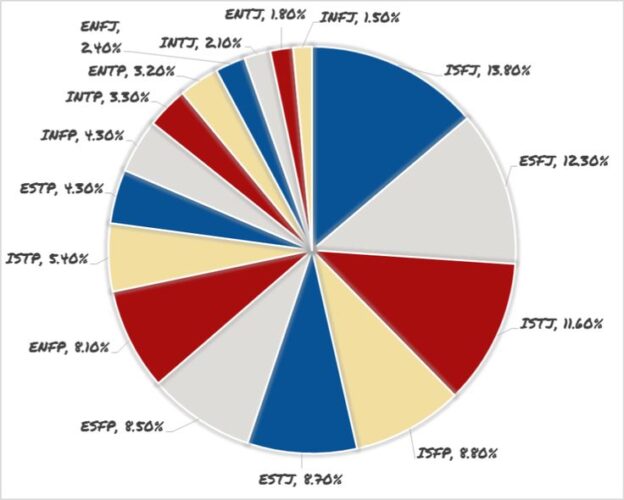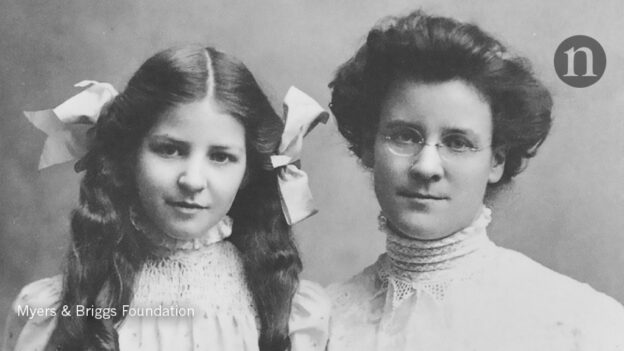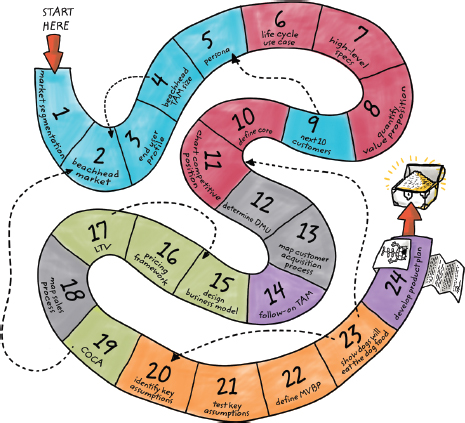The distribution of the 16 Myers-Briggs Type Indicator (MBTI) personality types varies across different populations and samples. It’s important to note that these percentages can change depending on the population being surveyed (e.g., students, professionals, general public) and cultural factors (e.g., Western vs. Eastern cultures).
Continue reading




